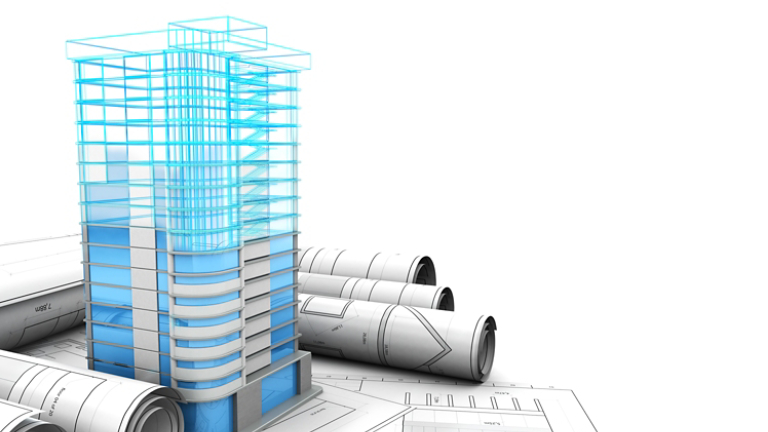ASHRAE® 90.1-2016 Sets New Sustainability Baselines
June 28, 2019

Reducing carbon emissions is a global challenge. In the United States, reducing the energy intensity of buildings is principally effected by state and local building codes—and the willingness of building owners to go beyond code requirements.
Every three years, state and sometimes local jurisdictions conduct the building code reviews that have produced decades of steady improvements in energy efficiency by following the guidelines established by ASHRAE® Standard 90.1 and the International Energy Conservation Code®. It takes a while for the updated standards to be adopted into local building codes. The ASHRAE 90.1-2016 amendments are just now coming under consideration. As always, we’ve been following the standards closely, and Trane’s engineers have been participating throughout the update process as advisors, commenters and voting members. It’s our way of contributing to the advancement of building performance while gaining an intimate knowledge of what’s coming next so we can help HVAC engineers and building owners design for the future.
Local codes establish the rules, but buildings still largely reflect the ideals and objectives of their owners. That varies. The energy codes are the bare minimum requirements for legally compliant buildings. Some owners choose to follow it to the letter and no more. For others, it’s merely a starting point for creating highly sustainable buildings. We’re happy to see a growing base of engineers and forward-thinking clients who are taking extra measures to minimize building-attributable pollution with systems that provide energy cost savings and contribute real value to the businesses they serve.
ASHRAE Standards are written by engineers for engineers. However, 90.1-2016 has some changes that building owners and energy managers may want to know about: Several states have new climate zone assignments. Replacement equipment must upgrade to higher standards; like-for-like replacements have new restrictions. There are new requirements for chilled water coil selections. And new chiller plants must follow mandatory requirements for measuring and reporting energy use and efficiency.
Tap into our resources
If you’d like to know more about ASHAE 90.1-2016, you can read our summary here.
A recent video program on ASHRAE 90.1-2016 cooling coil selection requirements is now showing in Trane offices.
If you’re looking for professional information on building codes and standards, you can access Trane’s library of resources here.
If you want to stay up to date on code updates and other industry news, sign up for Trane’s Engineers Newsletter here.
